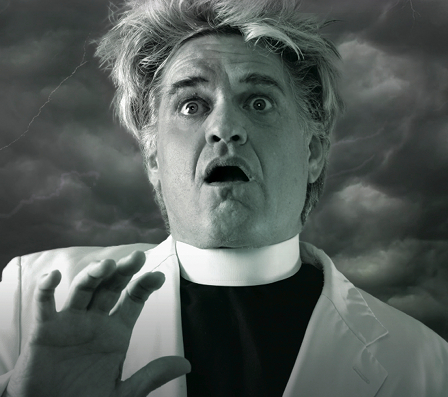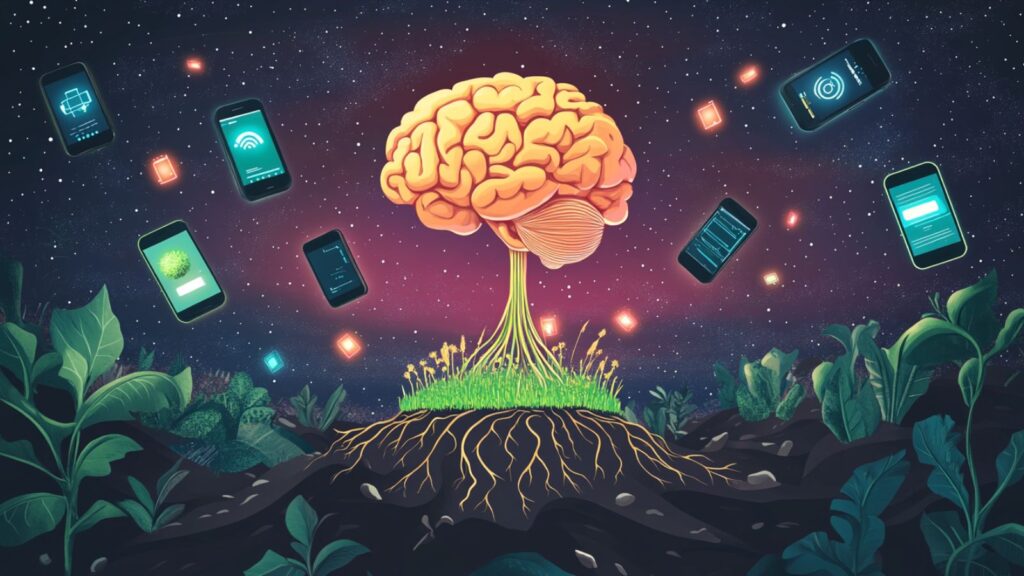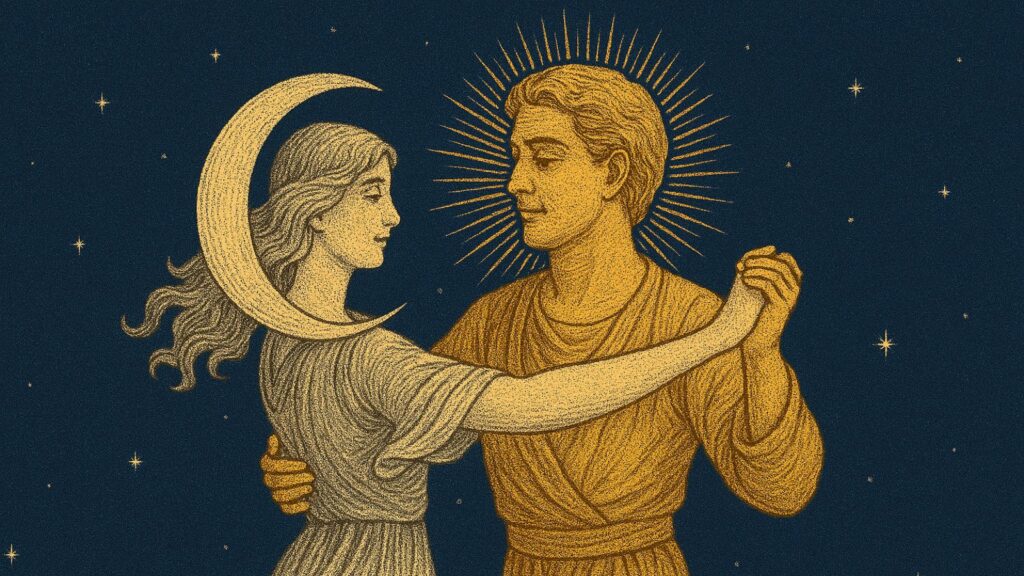The following is excerpted from The End of the World, published by OR Books.
There are about 80 of us, Savitri and myself and an eclectic mixed up group of Europeans, South Americans and Russians.
First, we gather in the courtyard of Barcelona's Museum of Contemporary Art. Amen? Savitri announces that the name of our action is "Naked Grief," and that we will have to learn how to cry energetically — with tears all the better! — in public. We'll do this in Deutsche Bank — a bank that finances CO2 emissions. As we sob and moan, we will remove our clothing. Then we will rub ourselves with coal and cry even harder.
So — we practice crying in that courtyard. Savitri coaches us in our exercises in public wailing. It is easy for a few seconds, but out-and-out crying, sobbing, retching, really sorrowing for ten minutes? It is hard to do. We have to start crying over and over again.
To help the people who are having trouble crying on purpose, we go down into the politics of this act. Deutsche Bank is among the banks that finance Mountaintop Removal (MTR). Do you want to cry? Imagine a mountain in Appalachia. The coal company inserts dynamite into deep holes, then lifts the whole ecosystem into the air to die. The cries of surprise and pain range across the mountain. Nests fall from trees, deer try to run but catapult dead through the air, the creatures on the forest floor are crushed, the mountain is uprooted and broken. Then bulldozers with wheels 40 feet high begin to push the dead "over-burden" into the neighboring valley, into the pristine mountain streams below, where the fish lay their eggs and the delicate frogs sing courtship songs. Where Mountain Laurel drops its petals and ferns grow from hundred year old beds of moss.
Do you want to cry? MTR is a highly profitable but deadly coal-mining practice. Long sequestered chemicals like selenium, arsenic, and mercury float down wind, cancer clusters along their flight path. Toxins seep into the water table… it goes on and on. Do you want to cry?
Yes, we cry, and with ever more feeling, until we are ready to walk to the bank. Savitri leads us in her tan trenchcoat. We walk through the narrow streets of the old city, full to bursting with mopeds and bikes and our throng. When we get to the Deutsche Bank I hold the door open and Savitri walks out of her coat, emerging all white skin and freckles and dark red hair. We are weeping. People disrobe to varying degrees. We are extremely naked, for a German bank.
The inconsolable wailing has a strange power. Among us are many Spanish folk who know all about cante jondo. They can hurl down the betrayal of the heart like no rightwing televangelist ever could. The bank managers walk down to the first floor to see what all the trouble is about.
Startled by the Power of the Crying
The naked form of Savitri hits them harder than good graphics. The earth goddess turned banshee debt-killer is lifting an imploring arm to the fluorescent lighting. I'm shouting all the sins of big banks, blood-curdling the research. Preaching the C02 emissions. The mountains. A good shout for every animal.
We start crushing coal on Savitri's white skin, as tears pour down her face. Somewhere in the bank the money suddenly becomes real. The investments are full of cries and death. The bulldozer pushes against the stunned life. I lose my voice.
Getting down to the root and stem of an emotion — the wailing of "Naked Grief" opens up space that is no longer consumerized. The pictures of happy customers (played by actors trained at contentment) on the bank's walls are suddenly inconsequential. The naked and grieving foreground is irresistible. Hundreds of curious citizens along the edges of the action read the info sheets we give them, then look up again, checking the flesh. When the crying finally stops, it feels like the Peaceable Kingdom. Raw uncorporatized experience returns! An emotion in a public place, a human being crying in a bank lobby. Now why is that so powerful?
We discovered in Zuccotti that living ordinary life in public is a far-reaching and impactful protest form. I should say that we re-discovered that impactful protest form, since all American social change was attended by the shared pursuit of daily life, food, shelter, knowledge. People making community is a clarifying drama, a surprising prosecution of the lie that corporations foist on us — that they are normal, and that their spaces are just like our spaces and how we act in their spaces is the natural way to act in all spaces. The gravity and intensity of actual living has the effect of revealing their theft of our lives.
The corporations showered these simple gestures with exaggerated indictments, beginning with criminal trespass. In Zuccotti and thousands of occupied commons, the sharing of food, media, schooling, music, medicine — was encircled by armadas of Darth Vaders with guns. JP Morgan Chase gave the cops five million dollars directly, and the arsenals of fear spiraled. But they were right to panic. Something uncontrolled — the human ecosystem! Survival! … can begin from a bit of unadorned real life, showing itself in public.
We searched for many years for a form that protest would take, and it was hiding in plain sight. For decades we carried on with 60's style rallies and marches, and felt the lack of impact, the shrug of onlookers, the derision in the press. But the doing of life and living in public? That's it! We're on to something here!
Life! Life-a-lujah!
In Barcelona we went a step further, we made a community and then we expressed ourselves as a community, we mourned together and the power of that dead mountain's life entered the self-anointed holy lobby of the Deutsche Bank. As removed and cleanly polished of any Earth as the bank is — the life of the mountains that died at its hands came up through the bodies of the activists.
Earthalujah!
??"The End Of The World" will be celebrated by reading the book aloud
from the stage on Sunday, February 24th, 3:00 at the Culture Project, 45
Bleeker Street, NYC. Readers are Tony Torn, Malachy McCourt, Penny
Arcade, Monica Hunken, Wylie Stecklow, Barbara Robin Lee, Donald
Gallagher, Victoria Sobel, Dragonfly Diva Wilson, Georgina Young-Ellis,
Mark Read, Dick Zigun the Mayor of Coney, Nathan Schneider from "Waging
Nonviolence," Erik Rivas, DeeDee Halleck, Joel Kovel, and Savitri D. The
Stop Shopping Gospel Choir will sing, conducted by Nehemia Luckett.













